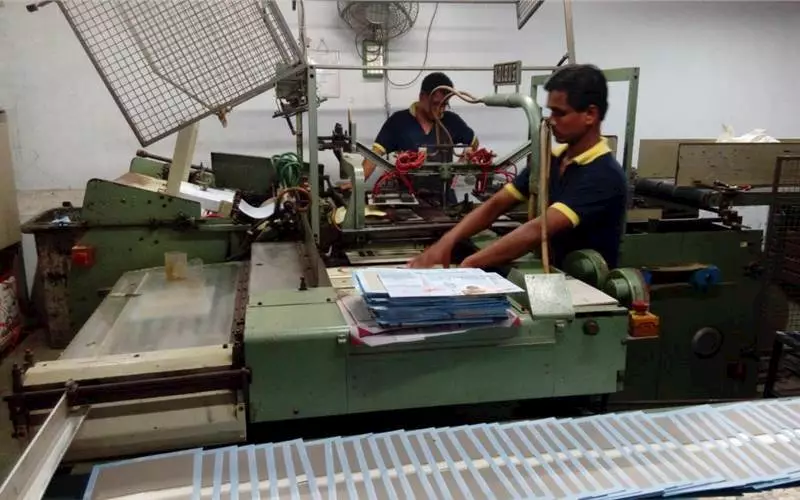India's print worker numbers increase by 3.2% since 2018
Print worker numbers shrink 15% globally since 2018. India and China buck the trend as per the latest figures from business intelligence service Smithers.
19 Oct 2023 | By Charmiane Alexander
India has bucked the trend in the number of operational establishments. Smithers has forecast an increase of 3.2% in the number of companies and of 1.8% in associated employees, as a result of significant GDP growth stimulating demand.
Also China has seen a 4.8% growth during 2018–22, but this was accompanied by a 19.1% fall in the number of employees, mainly due to staff reductions.
However the number of people employed by the print industry worldwide has shrunk by 14.8% since 2018, according to the latest figures from business intelligence service Smithers.
The number of print businesses declined in the same period from 667,630 in 2018 to 587,934 in 2022, a drop of 11.9%.
While every region in the world registered a drop in the number of print houses, Western Europe managed to escape the worst of the fall, with a drop of just 2% to 80,706 companies across the region.
Structural changes, including automation and wider workforce changes, however, contributed to the region’s fall in employee numbers by 9.2%.
While investment in automation has allowed some companies to produce work at lower cost and with fewer staff, investment in tech has also squeezed profitability at some smaller companies, the report said.
Among the exceptions are books, which showed positive growth during the Covid-19 pandemic, despite the wide availability of e-books.
Packaging was another growing area for converters.
A Smithers spokesperson said, "Multiple new entry-level and high-capacity presses, including digital and hybrid print systems, tailored for use in packaging are facilitating this transition. Resilient packaging converters are generally doing well, using automated processes to maintain efficiency and increase their competitive edge."
Smithers felt, the overall decline was unlikely to ease, at least at a global scale.











 See All
See All